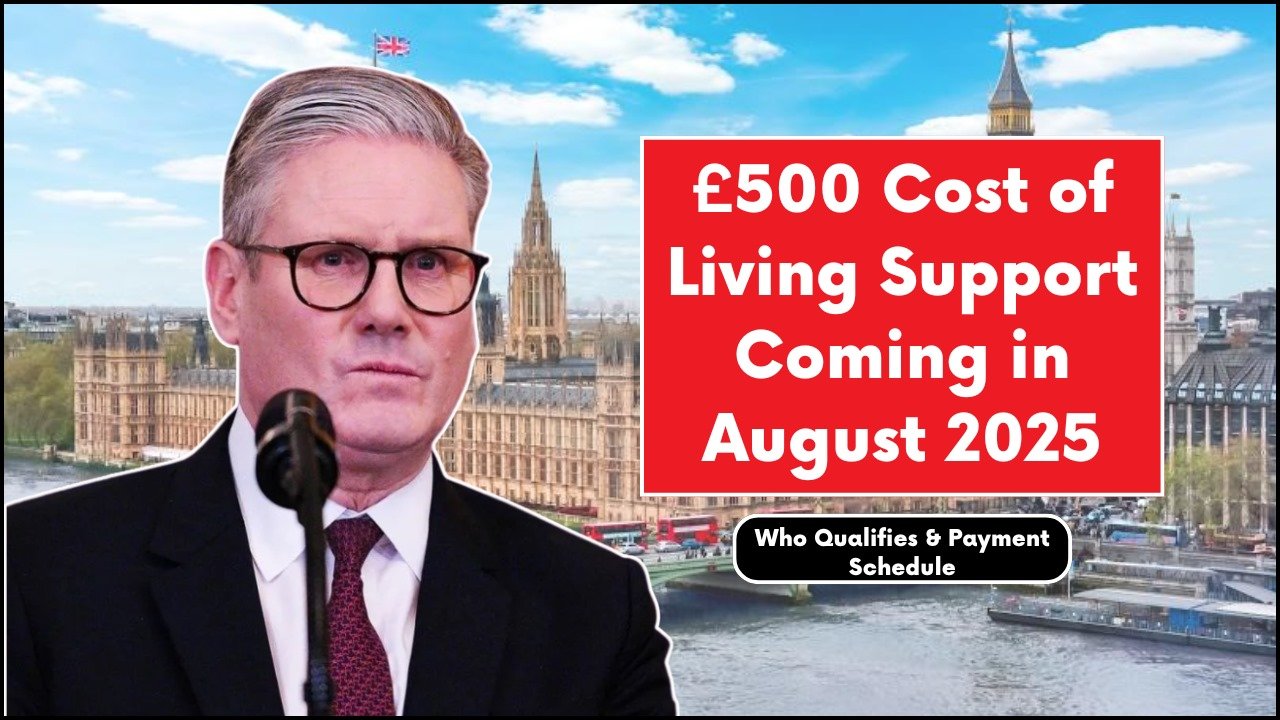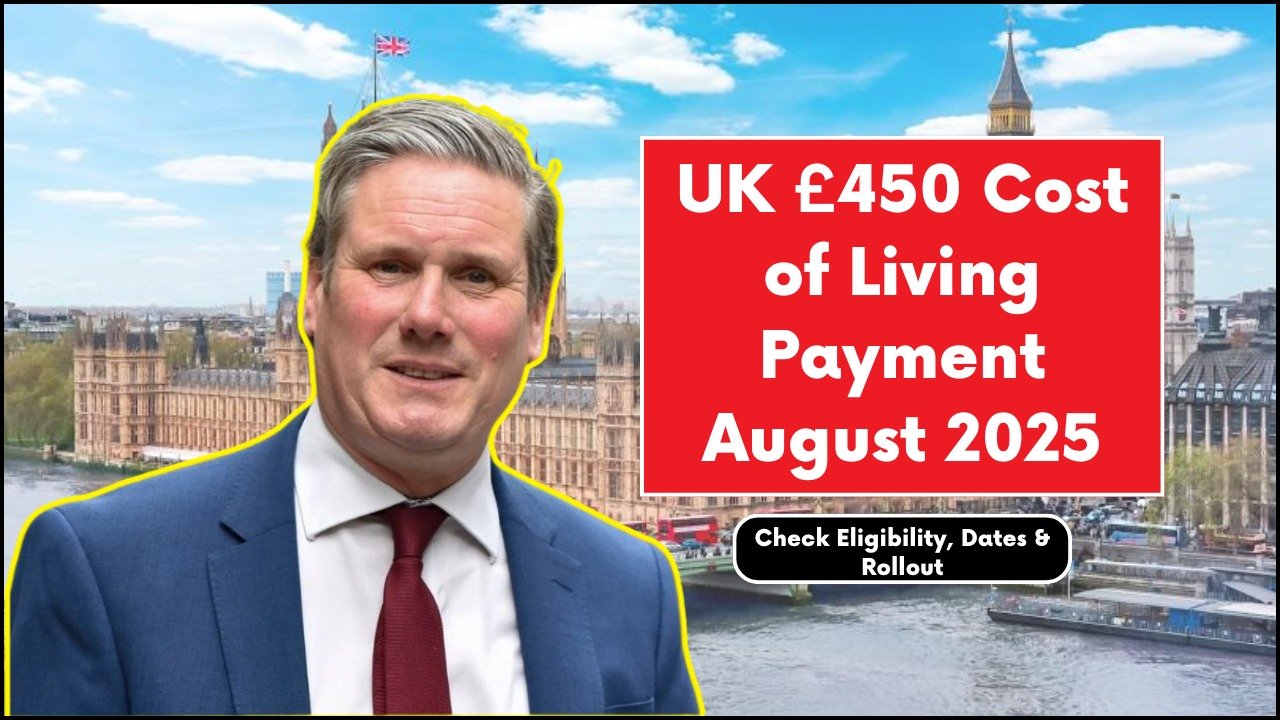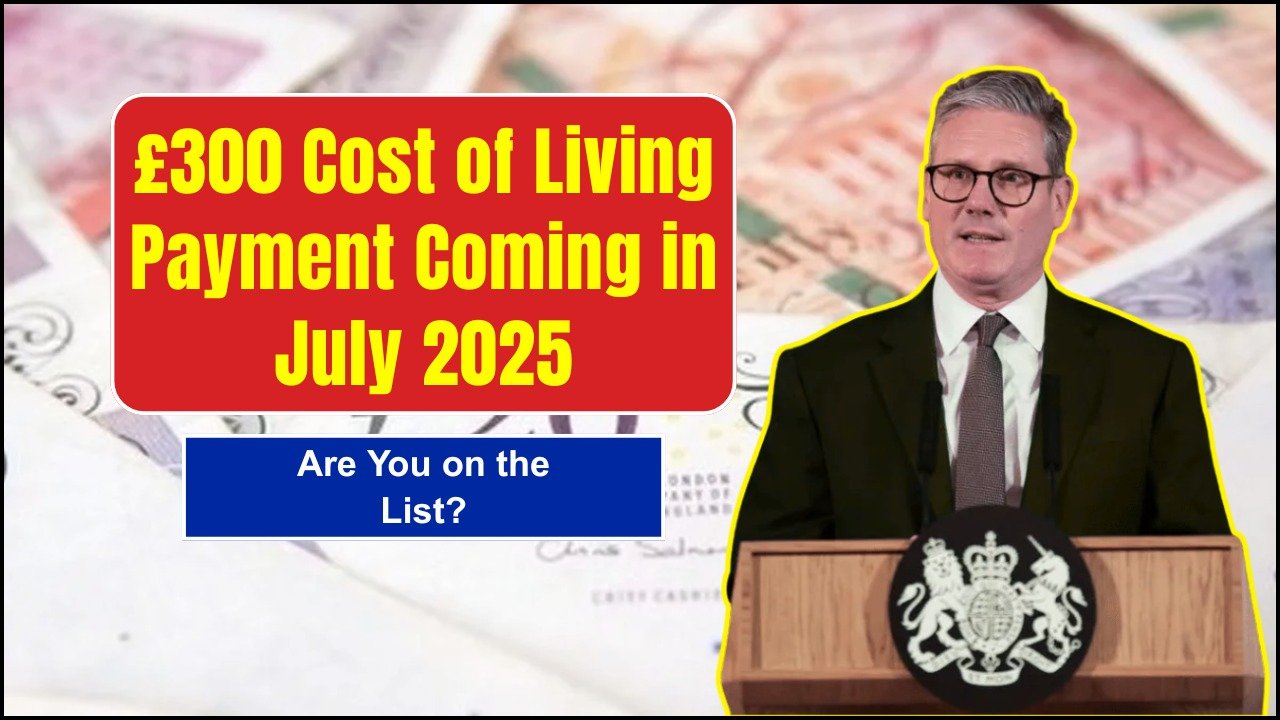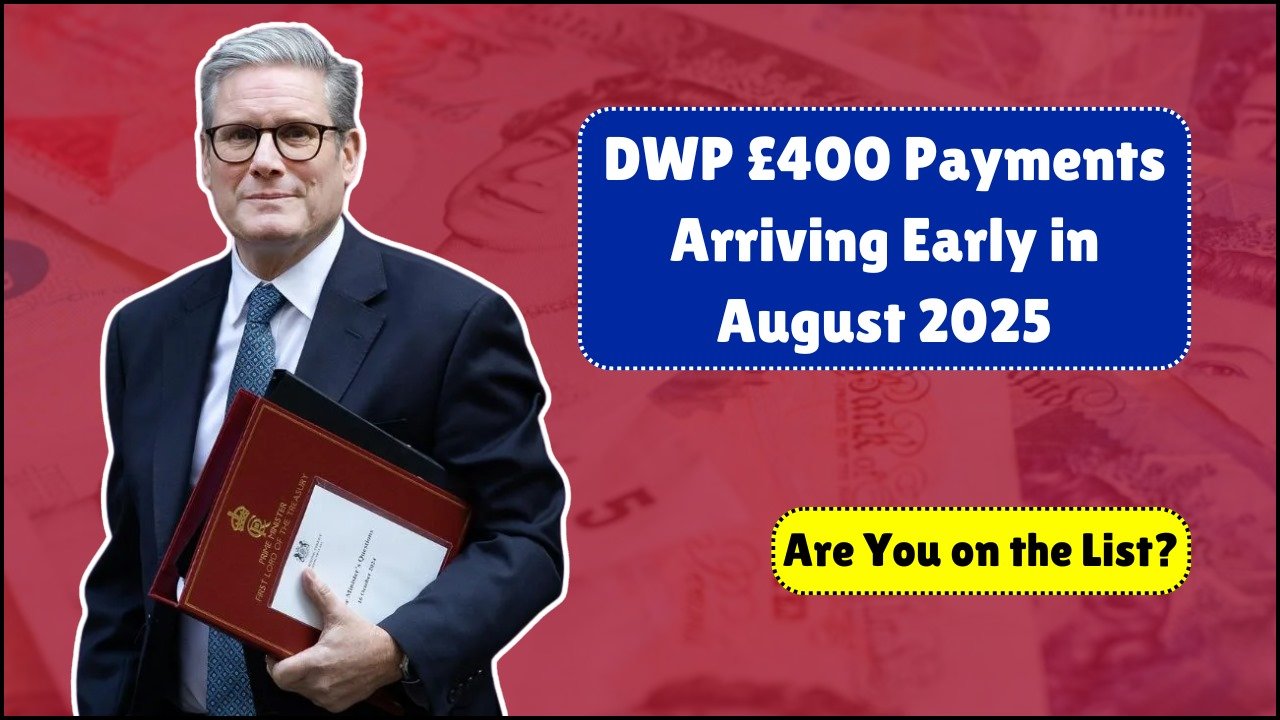A major financial reform proposal is gaining traction in the UK, calling for a significant increase in the personal tax-free income allowance from £12,570 to £20,000. The campaign, started by Alan David Frost, is designed to support low earners and pensioners who are struggling with rising living costs, taxation, and benefit dependency. With over 281,000 people already backing the petition, Parliament is now required to consider a formal debate on the issue.
This proposal has sparked widespread public interest, especially among retirees, working-class families, and those feeling the pinch from inflation. While the government currently maintains that such a change would be too costly, supporters argue it would lead to greater financial independence and stimulate the economy.
Table of Contents
Overview
| Aspect | Details |
|---|---|
| Current Personal Allowance | £12,570, unchanged since 2021 |
| Proposed Increase | Raise to £20,000 |
| Main Beneficiaries | Pensioners, low-income workers, middle-income families |
| Estimated Revenue Loss | £40–£50 billion annually |
| Petition Status | Over 281,000 signatures; qualifies for Parliamentary debate |
| Government Stance | Opposed due to cost; may revisit during future budget events |
Financial Boost for Pensioners
The Personal Allowance sets the amount of income individuals can earn without paying tax. Currently fixed at £12,570 since 2021, the allowance has not kept pace with inflation or wage growth. As a result, more people—including pensioners—are seeing a larger share of their income taxed, even if they live on relatively modest sums.
Alan David Frost, the petitioner, argues that raising the tax-free threshold to £20,000 would help millions keep more of their money, particularly retirees who rely solely on their State Pension. The petition suggests the policy would not only improve financial well-being but also reduce reliance on state support.
At 10,000 signatures, the government had to respond to the petition. Having now surpassed 100,000 signatures, it qualifies for a potential debate in Parliament. This means MPs must now formally consider whether to schedule time to discuss the proposal in the House of Commons.
The Rationale for Raising the Tax-Free Allowance
Supporters of the proposed increase believe it offers multiple financial and social benefits:
- Relief for low earners: Individuals earning under £20,000 would either pay significantly less or no income tax, giving them more disposable income to cover rising costs.
- Protection for pensioners: State Pension recipients—many of whom receive between £11,000 and £11,500 annually—would no longer be taxed on their retirement income.
- Stimulus for the economy: More disposable income in people’s pockets could boost consumer spending and help drive economic growth.
- Less need for benefits: If people keep more of what they earn, fewer would need to rely on Universal Credit or other forms of financial assistance.
Despite these arguments, critics warn that implementing such a policy could cost the Treasury between £40–50 billion per year, leading to potential cuts in public services or compensatory tax hikes elsewhere.
How the Personal Tax Allowance System Works
The UK’s Personal Allowance allows individuals to earn a portion of their income tax-free. Once income exceeds £12,570, it is taxed based on standard income brackets. Here’s how it currently functions:
- £12,570 Standard Allowance: No income tax is paid on earnings up to this limit.
- Above £100,000: For every £2 earned above £100,000, £1 of Personal Allowance is lost.
- Above £125,140: Personal Allowance is completely withdrawn for high-income earners.
In addition, certain groups benefit from supplementary allowances:
- Marriage Allowance: Lets a lower-earning spouse transfer up to £1,260 of unused allowance to their partner.
- Married Couple’s Allowance: Available for individuals born before April 6, 1935, offering further tax savings.
FAQs
Q1: Is the £20,000 tax-free allowance confirmed?
A = No, it’s a proposal under public petition; the government has not approved it.
Q2: Who created this tax petition?
A = Alan David Frost started the petition to support low earners and pensioners.
Q3: Will Parliament debate this issue?
A = Since the petition passed 100,000 signatures, MPs must now consider scheduling a debate.





